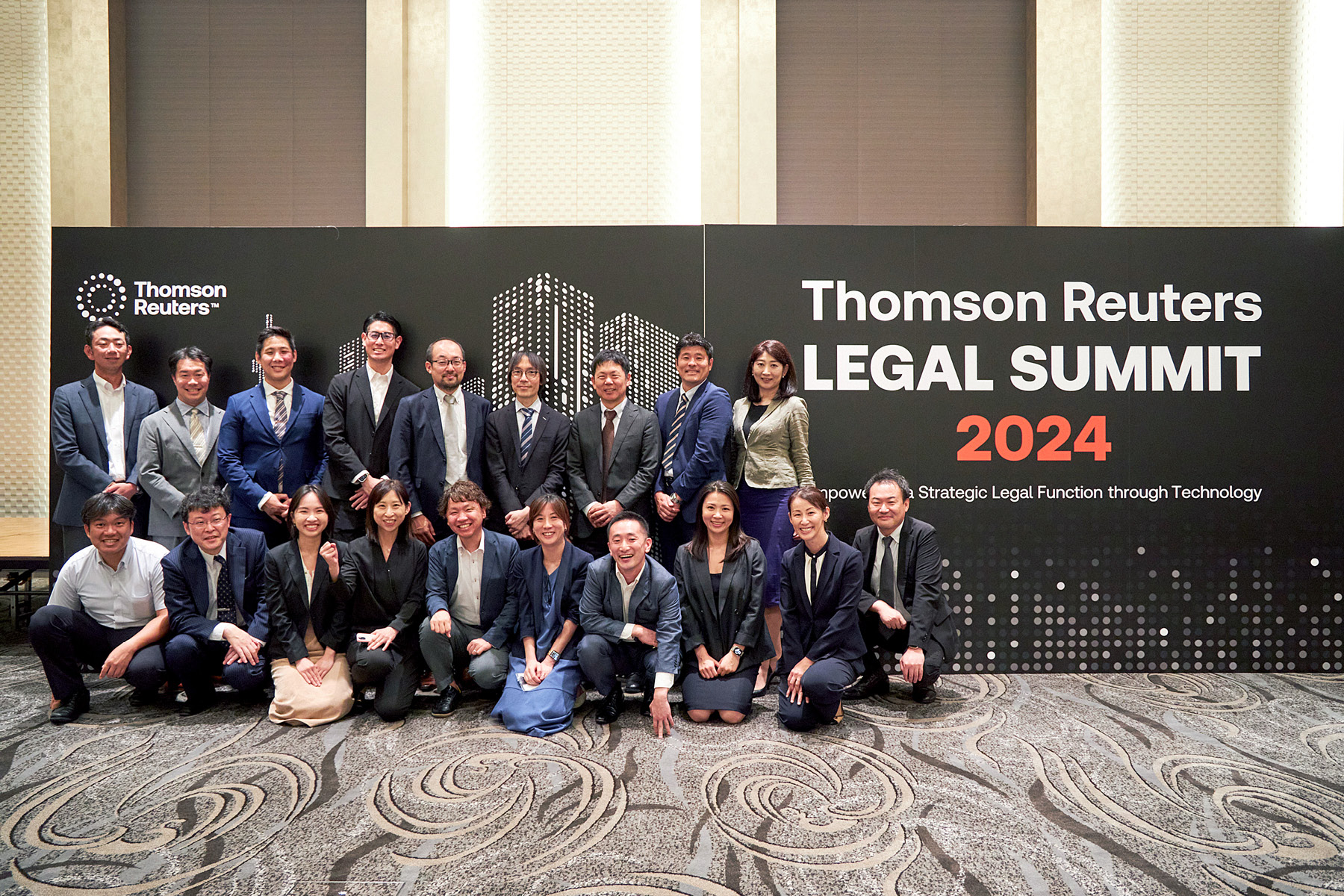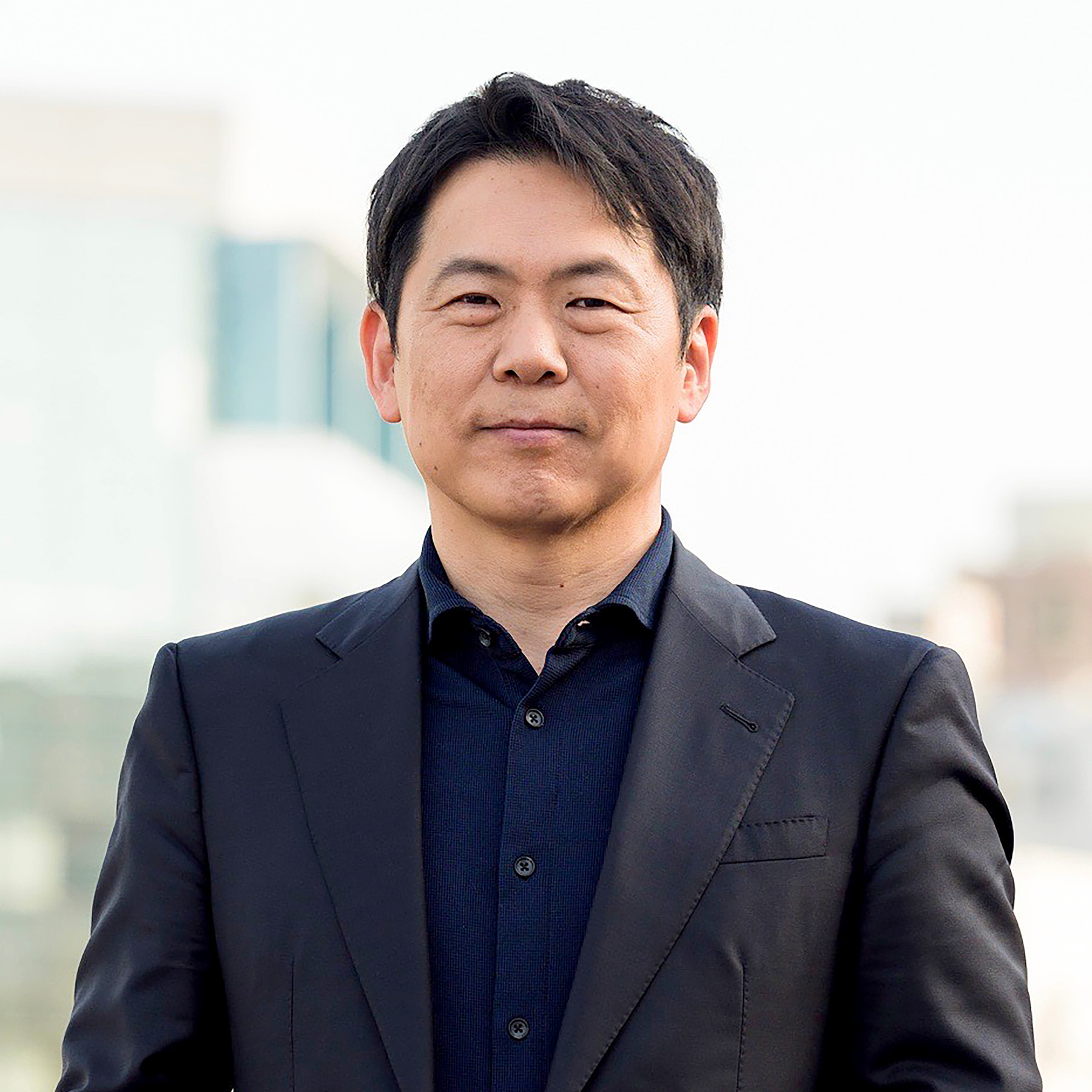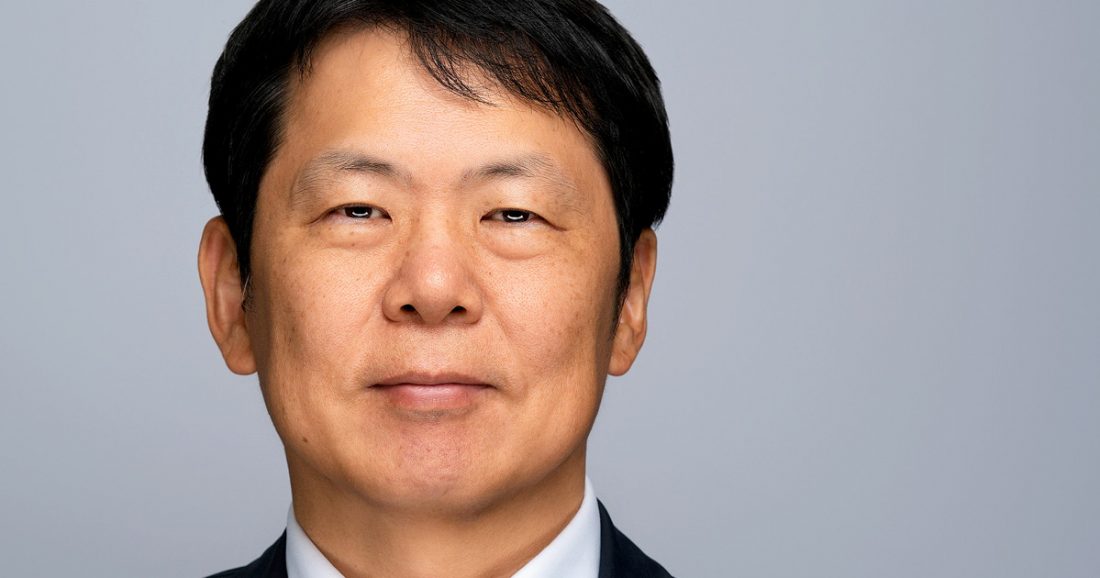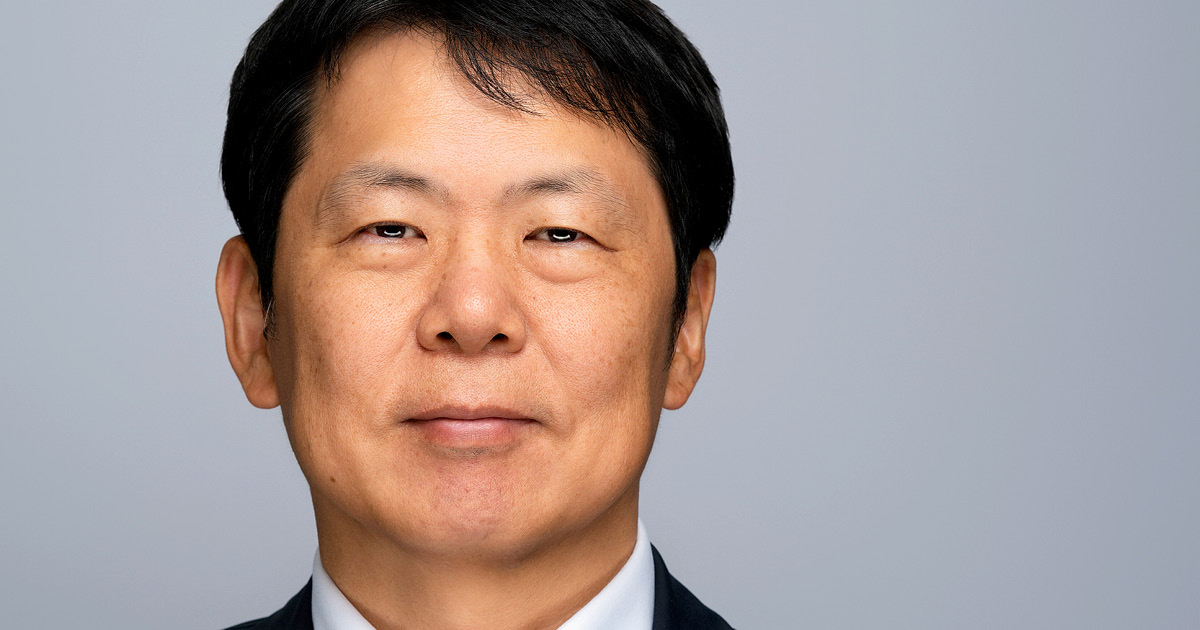Thomson Reuters is best known as the world’s leading provider of content and technology, keeping professionals up to speed on global developments, with a particular focus on legal, regulatory and tax changes.
Yet as a result of recent technology breakthroughs, the company has been working fast to update its value proposition, now describing itself as an AI and technology company empowering professionals with trusted content and workflow automation.

“My goal is to significantly improve the productivity of our corporate clients.”
A big part of this positioning is thanks to CoCounsel, Thomson Reuters’ professional grade generative AI assistant. CoCounsel enables professionals to securely search, analyze and summarize documents from Thomson Reuters’ industry-leading content database with ease.
In practice, CoCounsel acts like a team member, handling complex tasks with natural language prompts, enabling professionals to focus on delivering high-quality, value-added work to their customers.
“Regulations are becoming more global and more complicated,” says President and Representative Director of Thomson Reuters Japan, Kento Miura. “We believe that making the work of professionals easier through our platform is essential to help our customers do their work efficiently.”
In collaboration with
Jalubro

Miura joined Thomson Reuters Japan in July 2024, bringing with him 30 years of experience in the IT industry, having previously worked for companies including Apple, Dell, Microsoft and NTT.
“My goal is to significantly improve the productivity of our corporate clients, in particular, Japanese companies operating globally where reliability and experience are essential, such as tax and global trade divisions,” he says.
“One of my core competencies is bridging Japanese customers and cultures with Western companies. I really love Japan and want to contribute to the Japanese economy, its people and its consumers by providing clarity on future growth opportunities amid a highly-competitive and complex regulatory environment.”
Changing with the times
While the focus on AI sounds like a big step for the company, the groundwork in this area began back in the 1970s with Thomson Reuters’ product Westlaw, one of the first online legal research services. Since 1992, Thomson Reuters has maintained a dedicated applied research and development group across its various businesses, which has contributed to the steady stream of product innovations leading up to today with CoCounsel.
“We see AI as a wonderful supporting tool for experts such as lawyers, accountants, content writers and other specialists,” Miura explains.
“Crucially, our new AI-powered solutions are not replacing experts. They still need to do the most important part, which is giving direction, digesting information and making decisions.”

“Our new AI-powered solutions are not replacing experts. They still need to do the most important part, which is giving direction, digesting information and making decisions.”
Perhaps unsurprisingly, Thomson Reuters is already making thorough use of AI in its operations, yet Miura remains mindful of the need for caution when it comes to certain applications.
“We use AI for many internal processes such as drafting emails, creating slides, job descriptions, conducting internal research and taking meeting minutes,” he explains.
“In the case that our journalists use AI to create content, we clearly disclose this, including details about how we used the tools.
“This last detail is especially important because some consumers have challenges knowing what information is trustworthy, and it’s something that Thomson Reuters and the wider media industry need to get right.”
Thomson Reuters is moving faster and more nimbly than ever to ensure every professional it serves has a best-in-class AI assistant, Miura adds.
“We’ve committed to investing more than US$200 million annually to focus on integrating responsible AI into our flagship content and technology solutions. We’re delivering this through our ‘Build, Partner, Buy’ strategy, which enables us to better meet the needs of our customers with an expanded portfolio of cutting-edge technology,” he says.
East meets West
Thanks to Miura’s extensive experience working with leading Japanese and Western tech companies, he’s well-positioned to appreciate the differences in communication and working culture.
“Everybody thinks that Japan is very unique, but I think that when working for any global company, transparent and direct communication is essential,” he says. “While Japanese culture is a bit more indirect than in Western countries, it’s a minor difference that business leaders in Japan can adjust for.”
“With solutions like the ones provided by Thomson Reuters, we have the opportunity to help these Japanese companies better navigate the complexities of international business.”
According to Miura, this requires being mindful of the differences in which not only he communicates but also his team and other global stakeholders. Apart from that, Miura’s approach to leadership remains similar to his approach in past companies, such as providing vision, maintaining clearly defined roles and responsibilities, ensuring the balance of work is right and keeping teams motivated.
“I feel like globalization has made the gap between Japanese and Western companies smaller. Forty percent of Japanese companies are in manufacturing and most of them are multinationals who already do business outside Japan, meaning they already need to follow global standards,” he says.
“With solutions like the ones provided by Thomson Reuters, we have the opportunity to help these Japanese companies better navigate the complexities of international business.”
Looking ahead, Thomson Reuters is strongly focused on developing CoCounsel further so that it becomes the primary access and collaboration point for the company’s customers and improving the quality of its responses.
“While AI-powered solutions will continue playing a supporting role for now, what AI will bring in the future is beyond my imagination,” Miura notes.
“But that’s not a bad thing; it’s exciting that we have a future we cannot imagine. It suggests the incredible impact this fast-developing technology will have on our lives and the important role Thomson Reuters has in supporting that future.”




